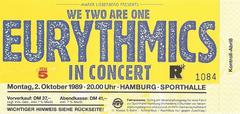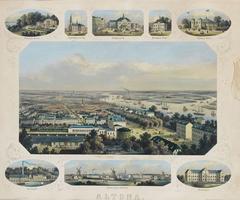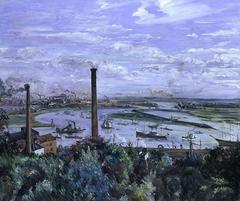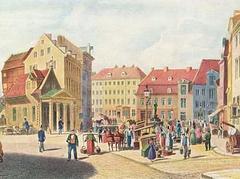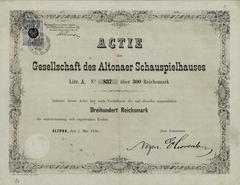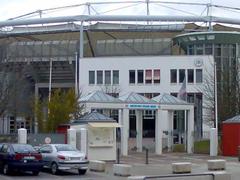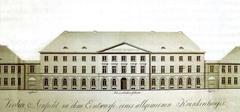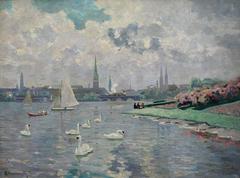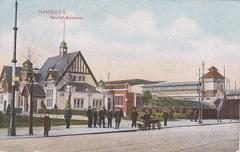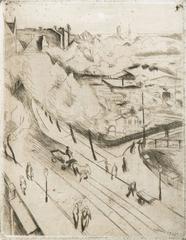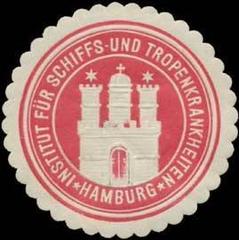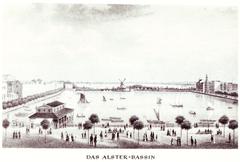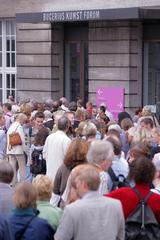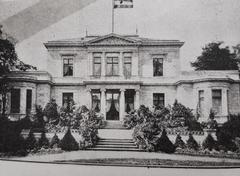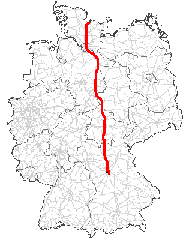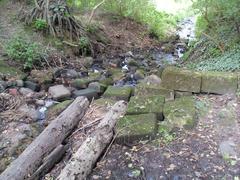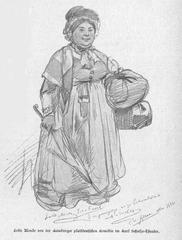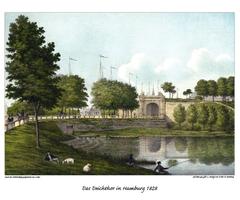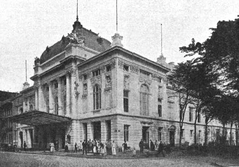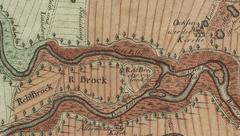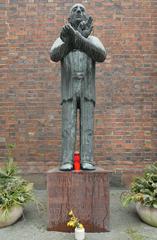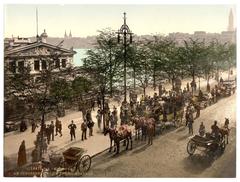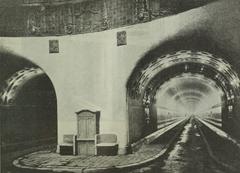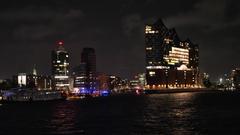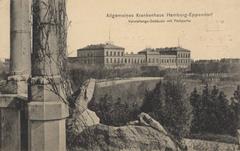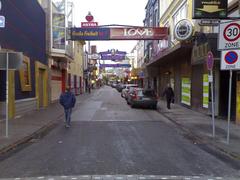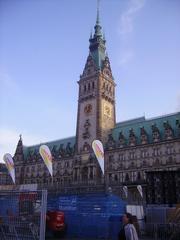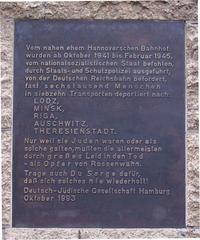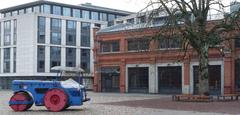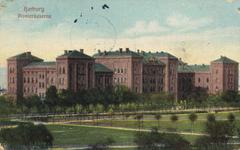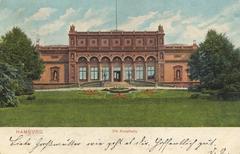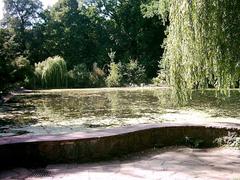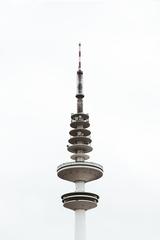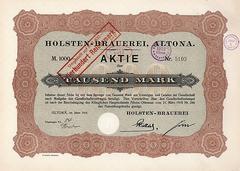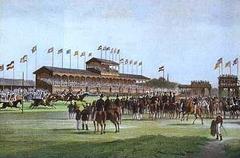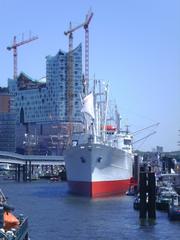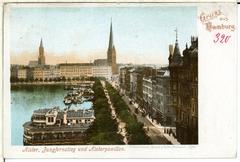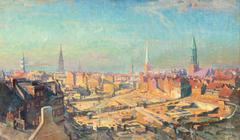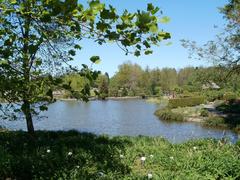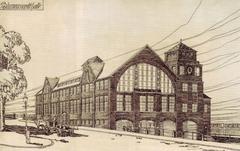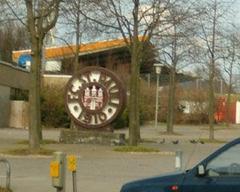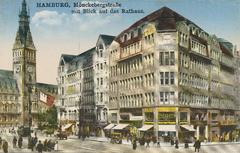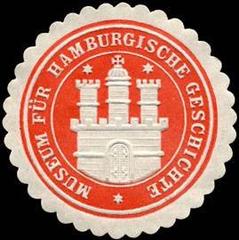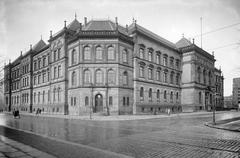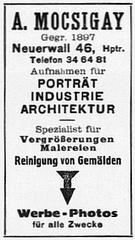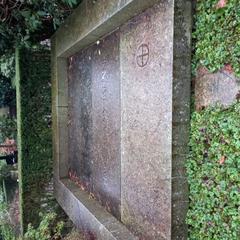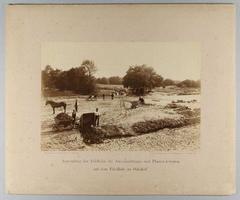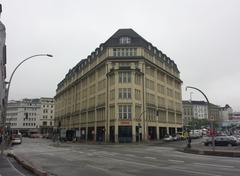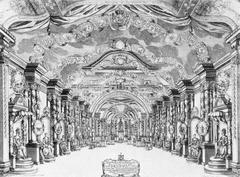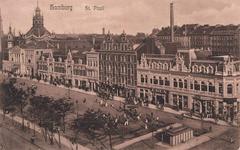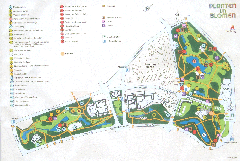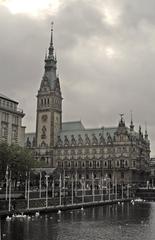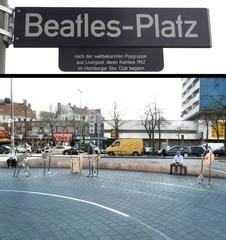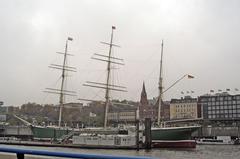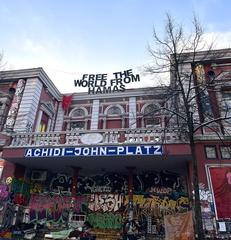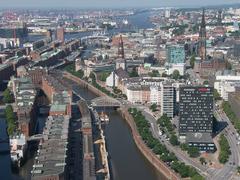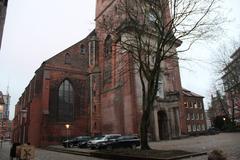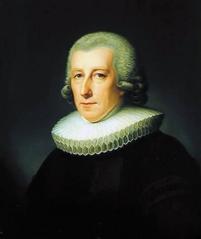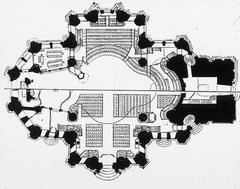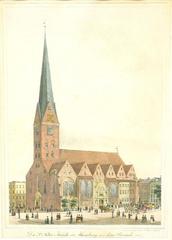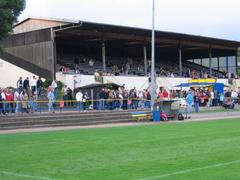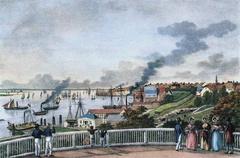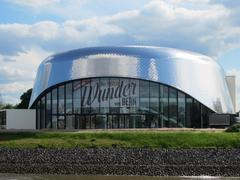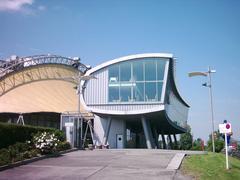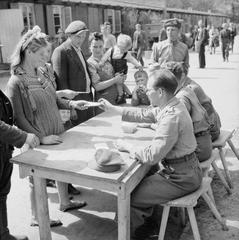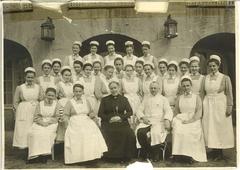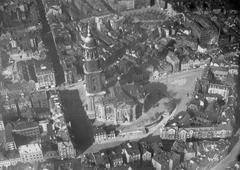Kabarett Mon Marthe Hamburg: Visiting Hours, Tickets, and Historical Sites Guide
Date: 04/07/2025
Introduction
Kabarett Mon Marthe, situated in Hamburg’s Eppendorf district, stands as a milestone in Germany’s cabaret and political satire history. Established in the 1970s under the leadership of Marthe Friedrichs, the venue evolved from a musikkneipe into a vital platform for emerging and established artists, fostering incisive political commentary and artistic experimentation. Although it closed in 2001, Mon Marthe’s legacy endures through the generations of artists it supported and the dynamic cabaret scene it helped to shape in Hamburg. This guide provides a comprehensive overview of the venue’s rich history, visitor information, alternative contemporary cabaret experiences, and practical travel tips—all enriched by reliable archival and scholarly sources. (Wikipedia; taz; kabarett-mon-marthe.over-blog.de)
Table of Contents
- Introduction
- History and Origins
- Visitor Information
- Cultural Significance and Legacy
- Practical Tips for Visitors
- Frequently Asked Questions (FAQ)
- Visuals and Media
- Further Reading and Related Links
- Conclusion and Call to Action
History and Origins
From Musikkneipe to Cabaret
The building at Tarpenbekstraße 65, constructed in 1902, initially served as a local gathering spot with a hall and bowling alley. In the early 1970s, it was known as Vereinshaus Nord. Marthe Friedrichs, with no prior experience in theater management, took over in 1974, reviving the defunct hall and launching the venue as the “Truck Stop” musikkneipe. The stage quickly became a hub for a diverse range of musicians, including the eponymous band Truck Stop, Hannes Wader, Franz Josef Degenhardt, Tony Sheridan, and Torfrock. (Wikipedia)
Transformation to Political Satire
As Hamburg’s Kleinkunst (small arts) scene flourished and noise complaints mounted, Friedrichs redirected the venue’s focus. In 1984, it was renamed “Kabarett Mon Marthe,” an homage to Paris’ Le Chat Noir cabaret. The intimate 100-120 seat hall became a stage for political satire and theater, featuring regulars and rising stars such as Matthias Beltz, Martin Buchholz, Hanns-Dieter Hüsch, Lilo Wanders, Dietrich Kittner, Reiner Kröhnert, Lutz von Rosenberg Lipinsky, and Mario Barth. (taz; de-academic.com)
House Ensemble and Artistic Impact
A pivotal era began in 1988 with Alma Hoppe (Jan-Peter Petersen and Nils Loenicker) as the house ensemble, shaping the program until 1994 and helping to launch the careers of artists like Georg Schramm, Andreas Giebel, Urban Priol, and the Missfits. After Alma Hoppe left to establish their own theater, Marthe Friedrichs resumed programming, maintaining Mon Marthe’s reputation as a magnet for acclaimed cabaret artists. (Komoot)
Visitor Information
Current Status and Visiting Hours
Kabarett Mon Marthe has been closed since 2001 and is not accessible as a performance venue. However, visitors can explore its former location at Tarpenbekstraße 65 for historical interest. Online archives and retrospectives are available for those wishing to delve deeper into its history. (kabarett-mon-marthe.over-blog.de)
Tickets and Booking
Since the venue is permanently closed, tickets are no longer available. For live cabaret experiences, consider visiting Alma Hoppes Lustspielhaus, Schmidt Theater, or Komödie Winterhuder Fährhaus. Check their official websites for current schedules and ticketing information.
Location and Accessibility
- Address: Tarpenbekstraße 65, Hamburg-Eppendorf
- Public Transport: U-Bahn station “Kellinghusenstraße” (U1, U3), nearby bus stops, and limited parking.
- Accessibility: The original venue lacked modern accessibility features; check directly with alternative venues for current accessibility standards.
Nearby Attractions
- Eppendorfer Park and Isebekkanal for scenic walks
- Museum für Völkerkunde Hamburg
- University of Hamburg
- Alma Hoppes Lustspielhaus (a short walk away)
- Komödie Winterhuder Fährhaus
Cultural Significance and Legacy
Kabarett Mon Marthe was much more than a stage—it was a catalyst for Hamburg’s modern cabaret scene. Under Friedrichs’ guidance, the theater became a nurturing ground for new talents and a forum for political and social discourse. The venue’s “worn charm” and vibrant atmosphere attracted both artists and audiences, supporting experimental formats and interdisciplinary collaborations. (taz)
Despite operating without state subsidies, Mon Marthe maintained financial independence, relying on its bistro and ticket sales. This spirit of grassroots resilience inspired the creation of the “Verein zur Förderung der Kultur kleiner Bühnen in Hamburg,” advocating for independent cultural spaces. Even after closure—caused by irreparable building issues and lack of landlord support—the legacy of Mon Marthe lives on in Hamburg’s thriving cabaret institutions and the success of artists it fostered. (kabarett-mon-marthe.over-blog.de)
Practical Tips for Visitors
- For Cabaret Shows: Visit Alma Hoppes Lustspielhaus or Komödie Winterhuder Fährhaus for contemporary performances.
- Travel: Use public transport, as parking in Eppendorf is limited.
- Booking: Reserve tickets early for popular events at active venues.
- Accessibility: Confirm accessibility features with venues ahead of your visit.
- Dining: Eppendorf offers a range of cafés and restaurants for pre- and post-show meals.
Frequently Asked Questions (FAQ)
Q: Can I visit Kabarett Mon Marthe today?
A: The venue closed in 2001 and is not open to the public, but its location can be visited and its history explored online.
Q: Where can I see cabaret in Hamburg now?
A: Alma Hoppes Lustspielhaus and Schmidt Theater are recommended alternatives.
Q: How do I reach the former site?
A: U-Bahn “Kellinghusenstraße” (U1, U3) is nearby, with additional bus options.
Q: Are there events commemorating Kabarett Mon Marthe?
A: Hamburg’s cabaret festivals and occasional exhibitions celebrate its legacy.
Visuals and Media
- Historic photos of Kabarett Mon Marthe’s façade and performances are available through online archives and cultural websites.
- Virtual tours and high-quality images can be accessed on kabarett-mon-marthe.over-blog.de and related platforms.
Further Reading and Related Links
- Alma Hoppes Lustspielhaus – Offizielle Website
- Schmidt Theater Hamburg
- Hamburg Tourismus – Kultur & Theater
- Kabarett Mon Marthe – Kultur und Geschichte
Conclusion and Call to Action
Kabarett Mon Marthe remains a symbol of Hamburg’s independent cabaret scene, embodying the potential of small venues to effect cultural and political change. Though its doors have closed, Mon Marthe’s legacy thrives in the city’s vibrant performing arts landscape and the ongoing work of artists it helped nurture. Explore the history and spirit of Hamburg’s cabaret by visiting contemporary venues, engaging with digital archives, and supporting local cultural initiatives.
For up-to-date information on events and venues, download the Audiala app and follow Hamburg’s cultural channels. Celebrate the enduring inspiration of Kabarett Mon Marthe—and keep Hamburg’s cabaret tradition alive.
Sources
- Kabarett Mon Marthe – Wikipedia
- Kein Szenemäuschen – taz
- Kabarett Mon Marthe – Kultur und Geschichte
- Alma Hoppes Lustspielhaus – Offizielle Website
- Schmidt Theater Hamburg
- Hamburg Tourismus – Kultur & Theater
- Komoot Highlight: Kabarett Mon Marthe
- de-academic.com: Kabarett Mon Marthe
- Alma Hoppe Spielplan
